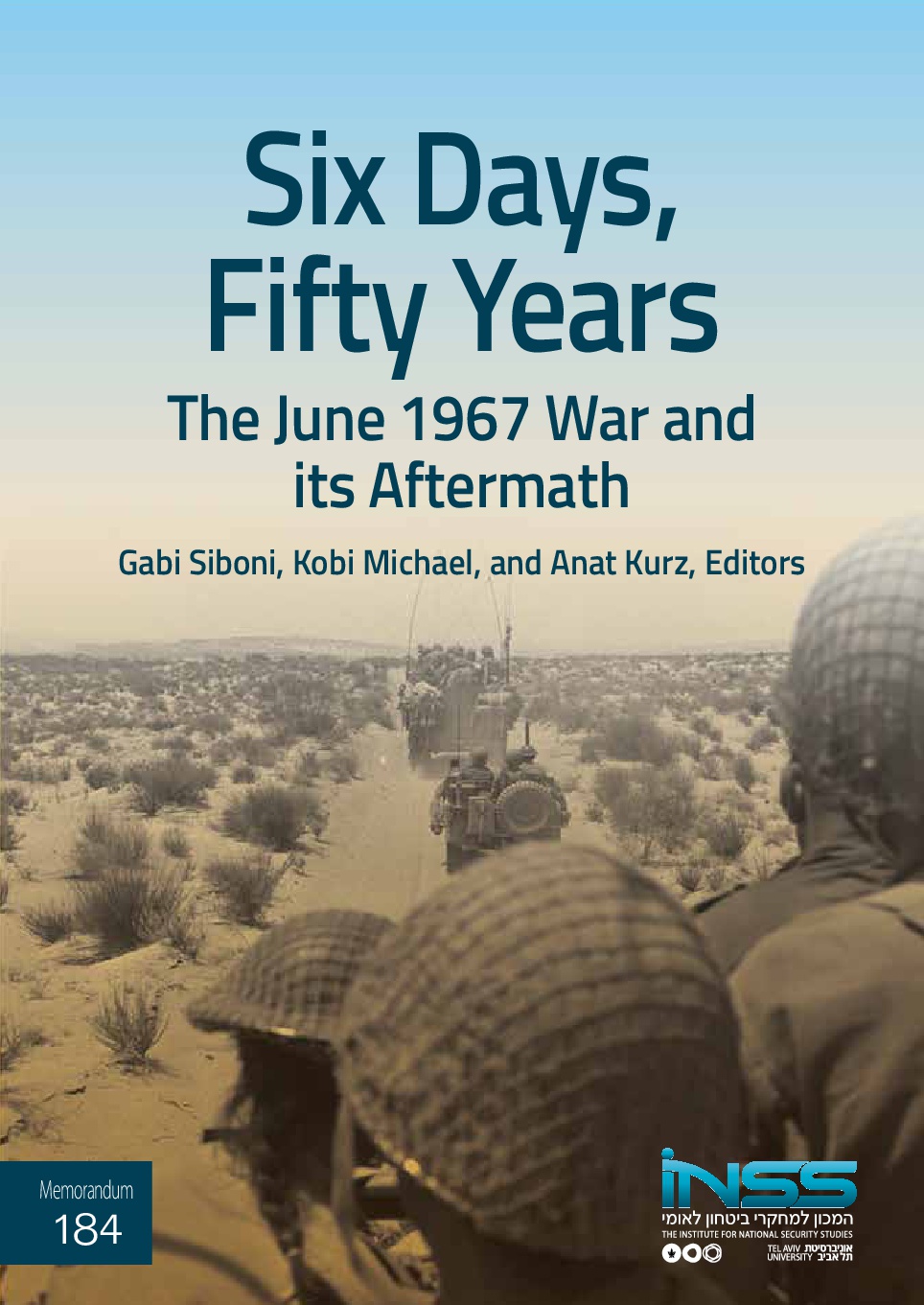Publications
Tel Aviv: The Institute for National Security Studies, 2018

The Six Day War, the War of Attrition, and the Yom Kippur War led to a new understanding of deterrence and its place in Israel’s defense policy. Deterrence has been one of the main components in Israel’s defense policy since its independence. The nascent state emerged from the War of Independence understanding that it was only the first stage in the Arab world’s attempts to destroy it. The humiliating defeat of the Arab coalition in the War of Independence and the Arab countries’ recognition of a clear asymmetry between them and Israel, which lacked in territory, population, resources, military forces, and diplomatic power, clearly would lead to additional rounds of war led by the Arabs. Israel assumed that these wars were inevitable and therefore the goal of deterrence was to increase the time between them until—in the spirit of Jabotinsky’s idea of an “iron wall”—the Arabs would give up trying to destroy Israel by military means or, in the language of deterrence, until Israel’s deterrence would convince the Arab world to seek negotiated solutions. In the Israeli perception, the Six Day War broke out supposedly due to a failure in deterrence. Operation Kadesh in 1956 and the defeat of the Egyptian army in Sinai had strengthened Israeli deterrence, after Israel demonstrated its ability to defeat the Egyptian army within one week of fighting and the effectiveness of integrating the maneuvering of its ground forces with its air force. Britain and France’s participation in the fighting in the area around the Suez Canal, however, reduced the effect of Israel’s deterrence since the Arab side attributed Israel’s success partly to the involvement of the two superpowers. In any case, that war resulted in an eleven-year period of quiet on the Egyptian front, due to both the Israeli deterrence and the negotiated understandings that led to the stationing of UN forces in Sinai.


